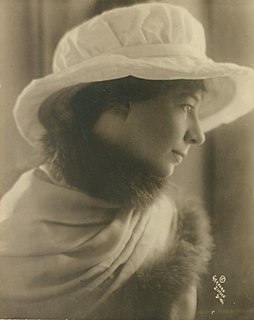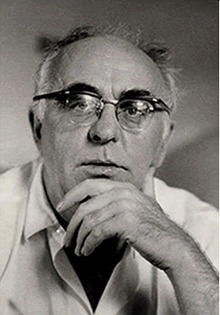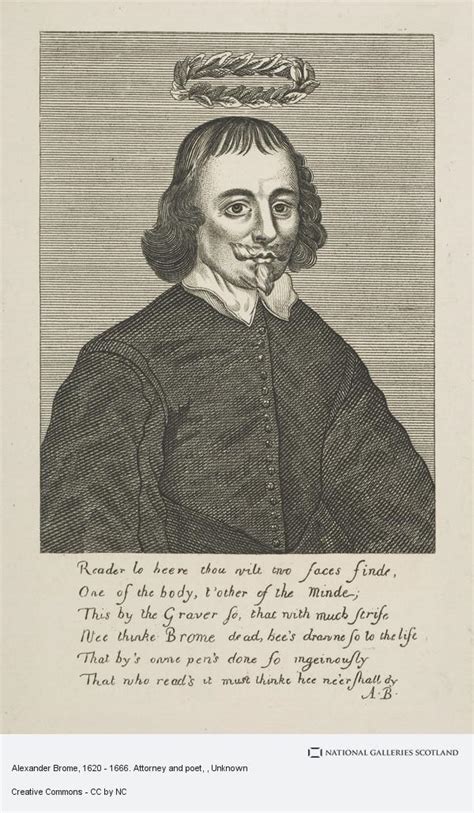A Quote by Sara Teasdale
The poet should try to give his poem the quiet swiftness of flame, so that the reader will feel and not think while he is reading. But the thinking will come afterwards.
Related Quotes
I want each poem to be ambiguous enough that its meaning can shift, depending on the reader's own frame of reference, and depending on the reader's mood. That's why negative capability matters; if the poet stops short of fully controlling each poem's meaning, the reader can make the poem his or her own.
He [the Lord] will always hear your prayers and will invariably answer them. However, His answers will seldom come while you are on your knees praying, even when you may plead for an immediate response. Rather, He will prompt you in quiet moments when the Spirit can most effectively touch your mind and heart. Hence, you should find periods of quiet time to recognize when you are being instructed and strengthened.
Two opposing forces inhabit the poem: one of elevation or up-rooting, which pulls the word from the language: the other of gravity, which makes it return. The poem is an original and unique creation, but it is also reading and recitation: participation. The poet creates it; the people, by recitation, re-create it. Poet and reader are two moments of a single reality.
How do I change? If I feel depressed I will sing. If I feel sad I will laugh. If I feel ill I will double my labor. If I feel fear I will plunge ahead. If I feel inferior I will wear new garments. If I feel uncertain I will raise my voice. If I feel poverty I will think of wealth to come. If I feel incompetent I will think of past success. If I feel insignificant I will remember my goals. Today I will be the master of my emotions.
You will write if you will write without thinking of the result in terms of a result, but think of the writing in terms of discovery, which is to say that creation must take place between the pen and the paper, not before in a thought or afterwards in a recasting... It will come if it is there and if you will let it come.
So we start with an oversignifying reader. Those texts that appear to reward this reader for this additional investment - text that we find exceptionally suggestive, apposite, or musical - are usually adjudged to be 'poetic'. ... The work of the poet is to contribute a text that will firstly invite such a reading; and secondly reward such a reading.
I just think that the world of workshops - I've written a poem that is a parody of workshop talk, I've written a poem that is a kind of parody of a garrulous poet at a poetry reading who spends an inordinate amount of time explaining the poem before reading it, I've written a number of satirical poems about other poets.
Why should all virtue work in one and the same way? Why should all give dollars? It is very inconvenient to us country folk, and we do not think any good will come of it. We have not dollars; merchants have; let them give them. Farmers will give corn; poets will sing; women will sew; laborers will lend a hand; the children will bring flowers.
Reading a poem is a real thing, a worthy thing. So to be there right with the reader at that moment is part of the effect of a title like "Poem for" something or other. Matt Rohrer does this a lot in his titles, and I think I might have gotten some of the idea to do this, or at least been reminded of how it can work, from his recent amazing books.


































